Since this is the week corresponding to the Torah reading of Toldos, it is appropriate to look at ties between Toldos and last week’s Torah reading of Chayei Sara. Looking forward, we can bring in to the discussion Rachel and Yaakov. There are indeed connecting themes between all of these in Bereshis/Genesis.
What can we learn from Rivka/Rebecca? Rivka lived in a home of Besuel and Lavan and yet demonstrated the type of good characteristics and mannerisms fit to become a matriarch of Israel. Her family did not share with her those same good characteristics. How does a Rivka come from the home of a Besuel and Lavan?
From Rivka we learn that a Jew has an obligation not just to maintain a proper yiddishkeit perspective, but to elevate herself nonetheless, blocking out those negative images (its so easy just to get along – but not the Torah thing to do) and to ascend in new heights of Torah and mitzvos, even if she finds herself in a society dominated by derech Lavan (mannerisms of a Lavan.
This week in the portion of Toldos, Rivka, now almost a mother is having a difficult pregnancy. A spiritual battle of immense proportions is taking place inside her womb. Yaakov and Esav are engaged in a struggle for domination. After Yaakov and Esav are born and begin maturing, it is very clear that these two sons of Yitchak/Isaac and Rivka are growing into two very different people. Yaakov is a student of Torah and Esav a deceiver and killer. The question is now the opposite of the one above, how does an Esav come from the home of an Yitchak?
There are no guarantees in life and Hakadosh Baruch Hu does not promise any Jew absolute success in all of their endeavors to grow into a thoughtful, kind and Torah observant Jew. It takes work and nothing can be taken for granted. A good home environment is important but that is no guarantee. An Esav can grow up in the home of Yitchak and Rivka.
And what of Rachel and Yaakov? Now we have come full circle. Rachel and her sister Leah grew up with a Lavan as their father yet both managed to become matriarchs of Israel, not by following in the crooked ways of their father Lavan, but by seeing that the society in which they lived was in desperate need not of their father’s corruption but of the Torah of Yaakov.
So here we are. Every Jew must face these challenges and everyone here today must strive to grow in Torah and Mitzvos observance. That’s a pretty big challenge. But it is a challenge that even the least observant Jew can meet through dedication and hard work. Jews have a spark of G-d inside them which pulls the soul to its source. That inner soul is often overlooked and more often repressed in favor of its stronger partner, the physical life force. But while the physical has natural limitations in time and space, the inner more spiritual soul is far less restrained and can soar to greater heights. This is the challenge for the Jew. The example of success in overcoming all the obstacles to our spiritual growth is the inheritance left to us by our patriarchs and matriarchs.
















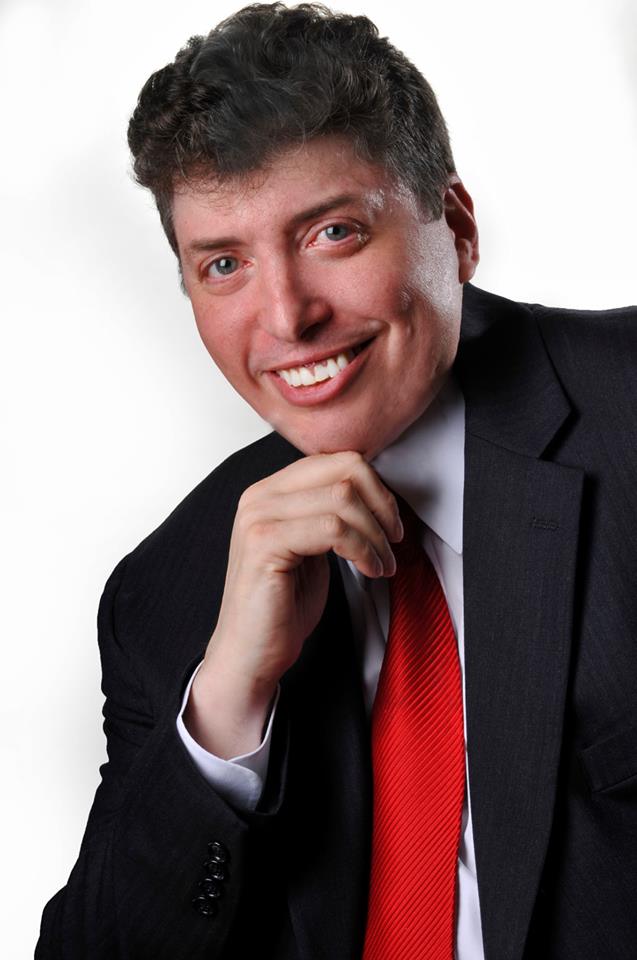



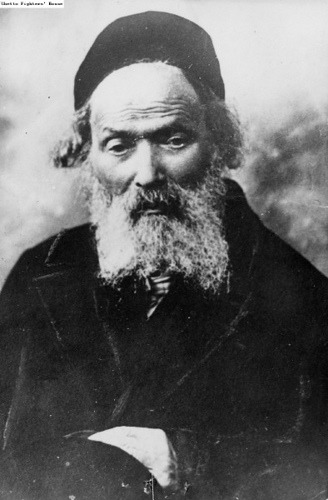
















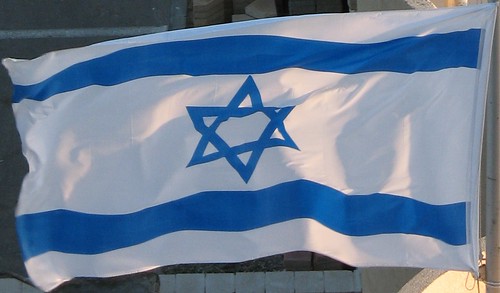
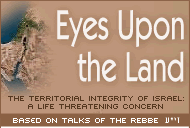

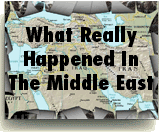


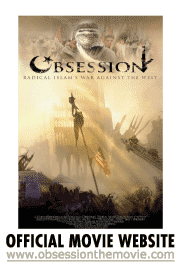






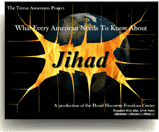
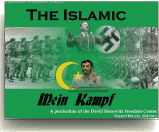




0 comments:
Post a Comment